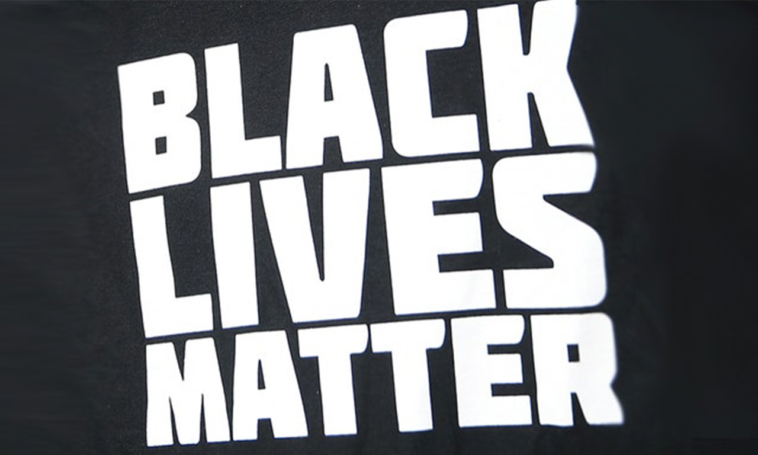The Black Lives Matter (BLM) Week of Action, organized by the left-wing group Black Lives Matter at School, has become a focal point of controversy as it unfolds in liberal school districts across the United States.
While the week, running from February 5 to 9, aims to address important issues related to Black history and ethnic studies, it has drawn criticism from a parents’ rights group known as Parents Defending Education (PDE).
PDE takes issue with the principles associated with the BLM Week of Action, specifically those related to “fostering a queer-affirming network” and “disrupting the Western-prescribed nuclear family structure.”
The BLM Week of Action is rooted in four demands and 13 guiding principles, as outlined by Black Lives Matter at School. These demands include the mandate for Black history and ethnic studies courses, reflecting a commitment to highlighting marginalized voices in the curriculum.
However, the controversy arises from the principles associated with the week, which extend beyond historical education to include elements like promoting trans ideology and globalism.
Parents Defending Education, a grassroots organization dedicated to combating indoctrination in classrooms, released a report on Monday outlining the curriculums being promoted by various school districts during the BLM Week of Action.
One notable example cited in the report involves the Chicago Teachers Union’s plan to promote a 10-point plan from The Black Panther Party, a radical organization prominent during the Civil Rights era. This plan, once including a reference to “robbery by the White man,” has been altered for current teaching, replacing “White man” with “Capitalists.”
In California, the Berkeley Unified School District’s teaching resource guide encourages teachers to reflect on how they are implementing restorative justice practices, demanding mandated Black history and ethnic studies curricula, and ensuring classrooms are “Trans affirming and Queer affirming.”
These directives underscore the broader sociocultural aspects that some critics argue are being woven into educational curriculums during the BLM Week of Action.
The Los Angeles Unified School District’s plan to teach Black Lives Matter at School’s 13 guiding principles further intensifies the debate. One of these principles involves working “towards a queer-affirming network where heteronormative thinking no longer exists.”
Additionally, the principles include the notion of “Black villages,” described as the “disruption of Western nuclear family dynamics.” These elements touch on controversial subjects that extend beyond historical education, delving into social and ideological realms.
Parents Defending Education’s President, Nicole Neily, expressed astonishment at the continued adoption of the BLM Week of Action, stating, “It’s truly astonishing that districts around the country are still choosing to hold BLM Week of Action.”
Neily emphasized longstanding parental concerns about a week of activism that prioritizes certain principles over addressing learning loss. She argued for refocusing on teaching fundamental skills such as reading, writing, and math, rather than encouraging what she perceives as division and victimhood.
The ongoing debate surrounding the BLM Week of Action is emblematic of broader discussions on the role of ideology in education. While many acknowledge the importance of recognizing and addressing historical injustices, concerns are raised when broader social and political ideologies become intertwined with educational curriculums.
Striking a balance between fostering inclusivity and maintaining a focus on essential academic skills remains a challenge for educators, administrators, and policymakers.






One Comment
Leave a ReplyOne Ping
Pingback:Black parents voice anger to Dr. Phil about government funding illegal migrants - Hard Knock News
Join the Community and Be a Part of the Conversation
You must be logged in or registered to post a comment.